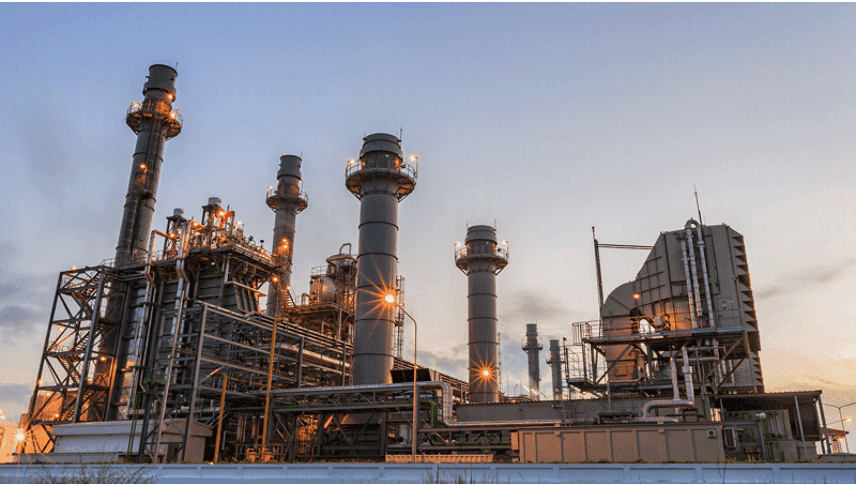Register for free and continue reading
Join our growing army of changemakers and get unlimited access to our premium content

That is according to energy think-tank Ember’s latest annual Global Electricity Review.
Published on Monday (15 May), the Review reveals that wind and solar accounted for a record 13% of electricity generation in G20 nations last year, up from just 5% in 2015.
As a result, coal-fired power’s proportion of the electricity mix fell from 43% to 39% within the same timeframe.
The coal decrease was particularly steep in countries with coal bans on the horizon. The UK, for example, is ending coal-fired power generation in autumn 2024 and currently has just two operational coal-fired power plants. But in 2015, coal accounted for 22.6% of its electricity generation.
A considerable decrease was also recorded in China, from 70% in 2015 to 61% last year.
Ember confirmed that only five G20 nations increased coal-fired electricity production in absolute terms over the past seven years – China, India, Indonesia, Russia and Turkey. Ember believes that China and India are nearing ‘peak’ coal, given that wind and solar accounted for the majority of new demand in 2022. More than half of the electricity demand rise in Asia since 2015 was met using clean electricity.
Despite this good news on coal, Ember revealed far slower progress in phasing down and out unabated gas-fired power production. The share of gas in the G20’s electricity mix has fluctuated by less than 2% since 2015.
Moreover, 13 of the 20 nations still derive at least half of their electricity from fossil fuels. The share in Saudi Arabia is almost 100%.
Mexico’s electricity mix is more than 50% gas and around 6% coal, for example. The US’s mix is almost 40% gas and 19% coal. The mix in Japan is 34% gas and almost 33% coal.
International relations
Japan is notably the host for this year’s G7 meetings. The nation has been urging peers in this group to funnel more investment into natural gas and to steer clear of strict climate reporting requirements that could hamper interest in the natural gas industry.
India is the G20 host this year and is one of the world’s most coal-reliant nations. Next year, the host will be Brazil, which generated 89% of its electricity from clean sources in 2022. The largest contributor was hydropower, accounting for 63% of Brazil’s generation mix.
“G20 countries are mostly already moving towards a cleaner electricity system but this now needs to be accelerated,” said Ember’s senior analyst Malgorzata Wiatros-Motkya.
“The cheapest and fastest way to achieve that will be through the rapid roll out of proven technologies–wind and solar–not through gambling on unproven technologies like fossil fuels with carbon capture.”
At the UN climate summit in Egypt late last year, nations including Saudi Arabia campaigned for a final text which would enable nations to invest in carbon capture and offsetting as an alternative to actually transitioning their energy systems.
Ember is calling for the G20, ahead of the next UN climate COP, to make a similar commitment to the G7 on power grid decarbonisation. This year’s COP is being held in Dubai and there are concerns about the hosts pushing for the economic interests of their fossil fuel sector, rather than for an energy transition in alignment with climate science.
Apply now for the edie Net-Zero Awards!
Readers interested in the above article may be keen to enter edie’s new Net-Zero Awards.
From breakthrough innovations and solutions through to industry-leading carbon reduction programmes and bold collaborative initiatives – this is THE awards scheme have your net-zero efforts and achievements recognised by thousands of businesses and climate experts.
The Net-Zero Awards have been launched as a sister scheme to the long-running edie Awards in response to the surge of innovation and corporate action to accelerate the net-zero transition. The Awards are open to all organisations across the public and private sectors and of all sizes from the largest multi-nationals to the smallest micro-businesses. Winning an inaugural Net-Zero Award empowers teams, inspires stakeholders and ultimately accelerates the corporate net-zero transition.
Applications are open until 14 July and awards will be presented on 15 November.
Click here for full information and to apply.


Please login or Register to leave a comment.